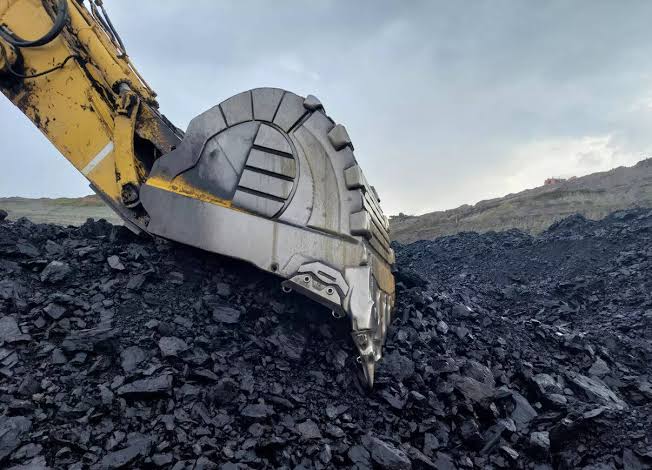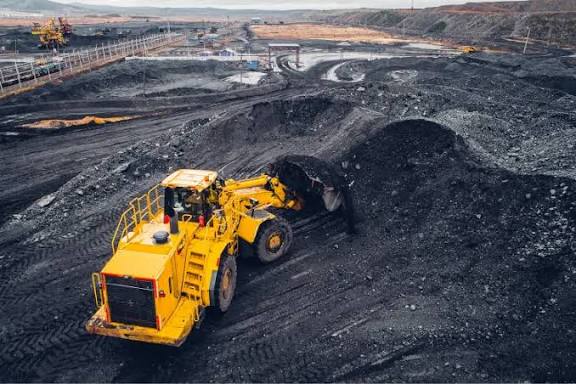South Africa Coal

South Africa Coal: Overview
South Africa is one of the world’s leading coal producers and exporters. Coal plays a vital role in the country’s energy sector, economy, and employment, but also raises significant environmental concerns.
1. Importance of Coal in South Africa
Primary Energy Source: Coal is the dominant energy source in South Africa, accounting for over 70% of electricity generation.
Economic Contributor: The coal industry is a major contributor to the GDP, exports, and employment, particularly in regions like Mpumalanga and Limpopo.
Key Exporter: South Africa exports coal to countries such as India, China, and European nations.
2. Major Coal-Producing Regions
Mpumalanga Province: The heart of coal mining, with large open-pit and underground mines.
Limpopo Province: Home to newer coal projects and part of the Waterberg coalfield, one of the largest untapped coal resources.
KwaZulu-Natal: Has some older coal operations, mainly supplying domestic markets.
3. Coal Types and Grades
South Africa primarily produces:
Bituminous coal – used for electricity generation and industrial heating.
Metallurgical (coking) coal – used in steel production.
Lower-grade coal is often used domestically, while higher-grade coal is exported.
4. Coal and Electricity
South Africa’s state-owned power utility, Eskom, relies heavily on coal-fired power stations.
Major power plants like Kusile, Medupi, and Matla are coal-powered.
Load shedding (rolling blackouts) has highlighted the aging infrastructure and overdependence on coal.
5. Environmental and Social Concerns
Air Pollution: Coal burning contributes to severe air quality issues in regions like the Highveld.
Water Usage: Coal mining and power stations consume large amounts of water in a water-scarce country.
Climate Change: South Africa is under pressure to reduce emissions and transition to renewable energy, as it’s one of the top carbon emitters in Africa.
Mine Abandonment: Many old coal mines are left unrehabilitated, causing safety and environmental hazards.




